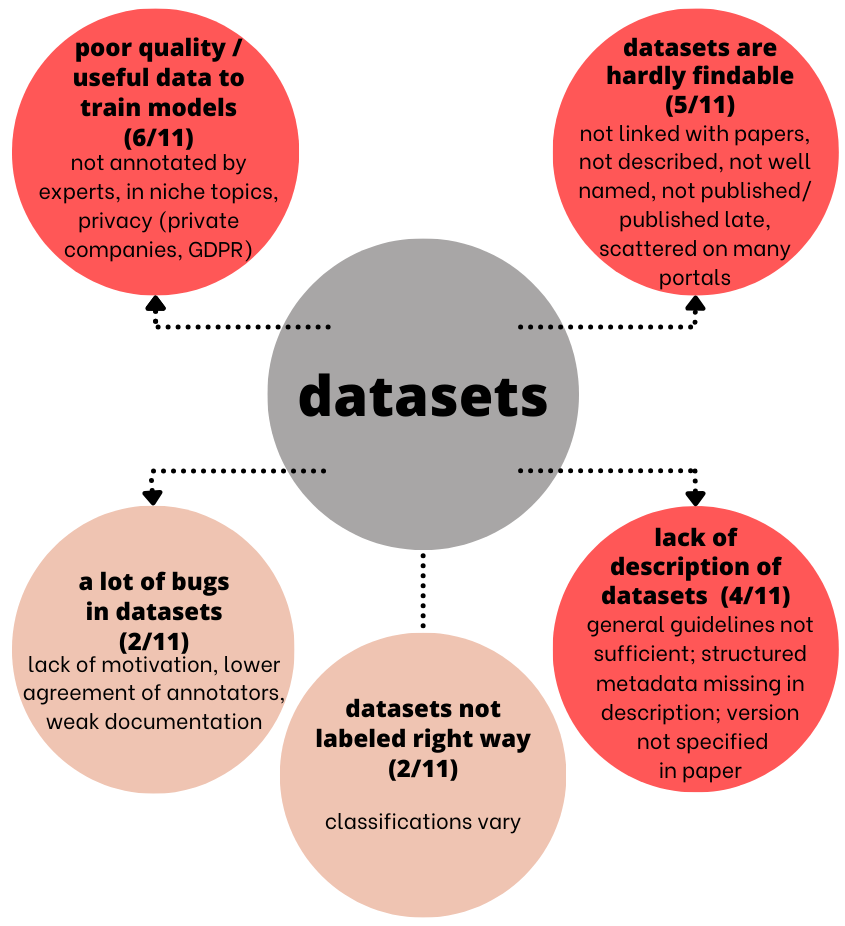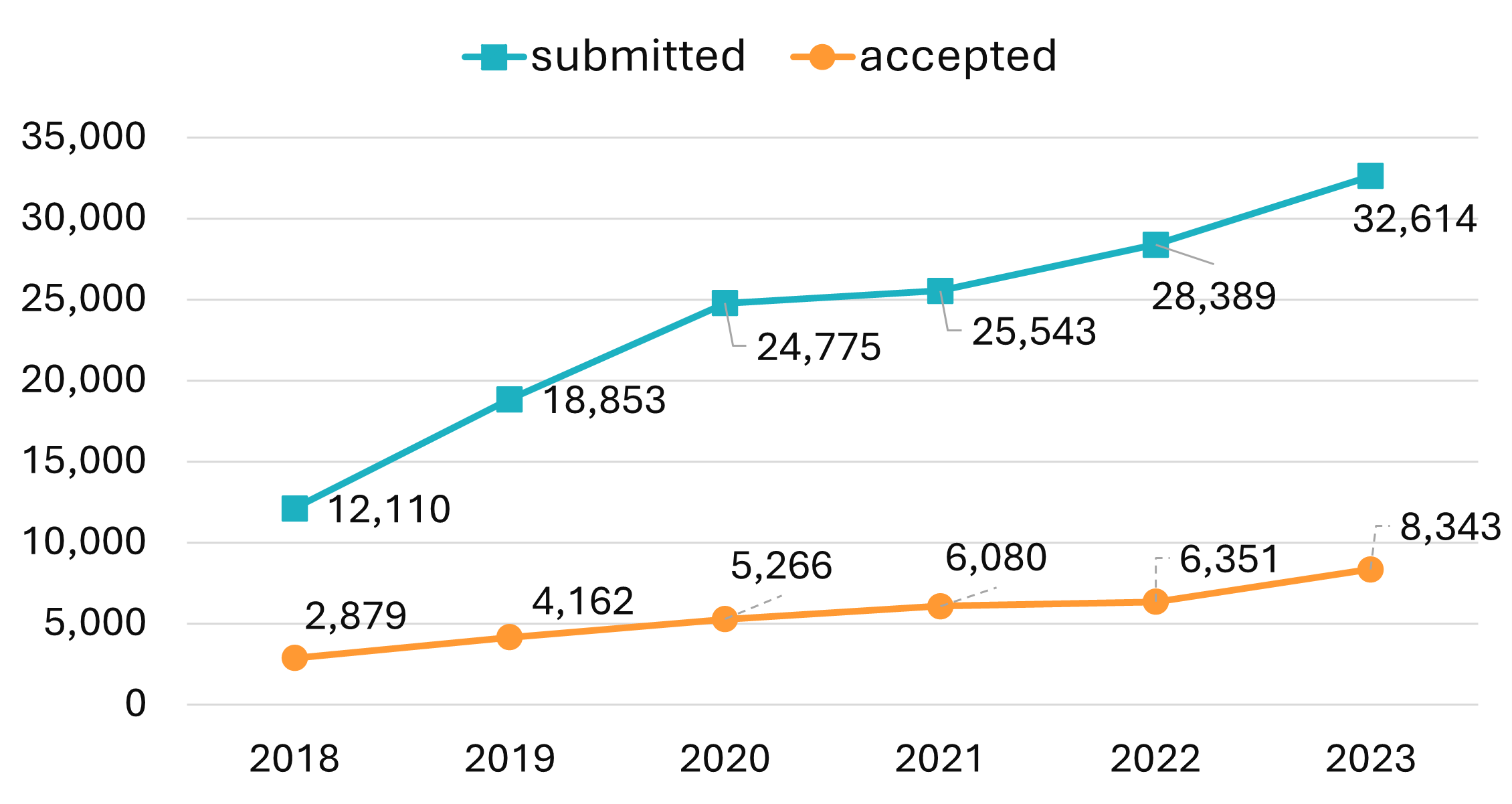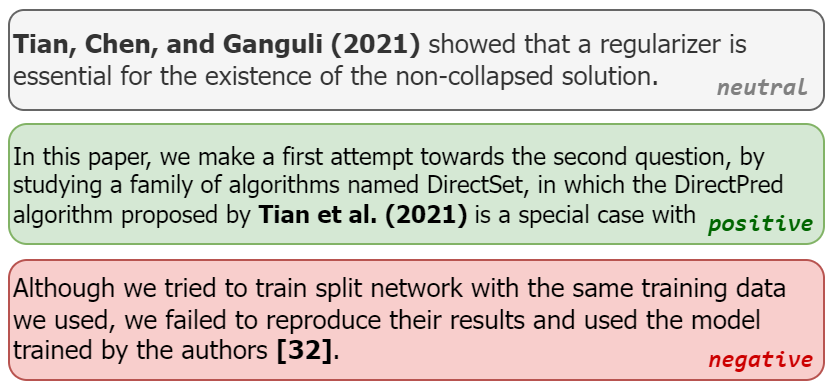Integrating measures of replicability into scholarly search: Challenges and opportunities

0
📊
Sign in to get full access
Overview
- The paper explores the challenges of reproducibility and replicability in research, and the potential of AI-enabled tools to address these issues.
- Researchers were interviewed about their literature search processes and their feedback on a replicability estimation tool.
- The findings suggest that researchers often conflate replicability with related concepts like generalizability, and that while information about replicability can support research design, the use of AI estimation tools raises concerns around explainability and transparency.
Plain English Explanation
The research paper looks at the problems of being able to reproduce and replicate scientific studies. This has become a big issue, as some large-scale projects that tried to repeat past experiments have had limited success.
The researchers wanted to explore how AI-powered tools might be able to help assess how likely it is that a study's findings can be replicated. They interviewed 17 PhD researchers about how they currently search the literature and get feedback on a tool that estimates replicability.
The researchers found that the participants tended to get the ideas of replicability and related concepts like generalizability mixed up. They did think information about replicability could be useful for designing better studies. However, they also had concerns about using AI tools for this, because it's not always clear how these tools arrive at their assessments, and that lack of transparency is problematic.
The paper discusses the implications for designing technology to support research activities and promote more replicable research.
Technical Explanation
The paper explores the challenges of reproducibility and replicability in research, which have gained significant attention due to the mixed success rates of large-scale replication projects. The researchers investigated the potential for AI-enabled signals of confidence in research findings to be integrated into the literature search process.
The study involved interviewing 17 PhD researchers about their current approaches to literature search and their feedback on a replicability estimation tool. The findings suggest that participants often conflated replicability with related concepts like generalizability. While researchers recognized the potential value of information about replicability to support the research design process, they also expressed concerns about the use of AI estimation tools due to a lack of explainability and transparency.
The paper discusses the implications for the design of technological tools to support scholarly activities and advance replicability, emphasizing the need to further study the ethical implications of AI-enabled confidence assessment before such tools could be widely accepted.
Critical Analysis
The paper raises valid concerns about the use of AI-enabled tools for assessing the replicability of research findings. The lack of explainability and transparency in these AI systems is a significant issue, as it makes it difficult for researchers to understand and trust the assessments they provide.
Additionally, the finding that researchers often confuse replicability with related concepts like generalizability highlights the need for clearer definitions and education around these important research principles. This confusion could lead to misinterpretations of the AI tool's output and potentially undermine its usefulness.
While the paper acknowledges the potential value of information about replicability to support the research design process, it does not delve deeply into the specific ways this information could be integrated into existing workflows. Further research may be needed to explore more concrete applications and their potential benefits.
The paper also does not address the broader systemic issues that contribute to the reproducibility and replicability challenges, such as publication bias, insufficient statistical power, and a lack of incentives for conducting and publishing replication studies. Addressing these underlying problems may be just as important as developing new technological tools.
Overall, the paper raises important considerations around the ethical implications of AI-enabled research assessment and the need for a more holistic approach to improving the reliability and transparency of scientific research.
Conclusion
This research paper highlights the significant challenges of reproducibility and replicability in scientific research, and explores the potential role of AI-enabled tools in addressing these issues. The study's findings suggest that while information about replicability could be valuable for researchers, the use of AI estimation tools raises concerns around explainability and transparency that need to be carefully considered.
The paper emphasizes the need for further research and discussion on the ethical implications of AI-enabled confidence assessment, as well as the importance of addressing the broader systemic factors that contribute to the reproducibility crisis. By tackling these challenges, the research community can work towards more reliable and trustworthy scientific findings.
This summary was produced with help from an AI and may contain inaccuracies - check out the links to read the original source documents!
Related Papers
📊

0
Integrating measures of replicability into scholarly search: Challenges and opportunities
Chuhao Wu, Tatiana Chakravorti, John Carroll, Sarah Rajtmajer
Challenges to reproducibility and replicability have gained widespread attention, driven by large replication projects with lukewarm success rates. A nascent work has emerged developing algorithms to estimate the replicability of published findings. The current study explores ways in which AI-enabled signals of confidence in research might be integrated into the literature search. We interview 17 PhD researchers about their current processes for literature search and ask them to provide feedback on a replicability estimation tool. Our findings suggest that participants tend to confuse replicability with generalizability and related concepts. Information about replicability can support researchers throughout the research design processes. However, the use of AI estimation is debatable due to the lack of explainability and transparency. The ethical implications of AI-enabled confidence assessment must be further studied before such tools could be widely accepted. We discuss implications for the design of technological tools to support scholarly activities and advance replicability.
Read more5/6/2024


0
AI Research is not Magic, it has to be Reproducible and Responsible: Challenges in the AI field from the Perspective of its PhD Students
Andrea Hrckova, Jennifer Renoux, Rafael Tolosana Calasanz, Daniela Chuda, Martin Tamajka, Jakub Simko
With the goal of uncovering the challenges faced by European AI students during their research endeavors, we surveyed 28 AI doctoral candidates from 13 European countries. The outcomes underscore challenges in three key areas: (1) the findability and quality of AI resources such as datasets, models, and experiments; (2) the difficulties in replicating the experiments in AI papers; (3) and the lack of trustworthiness and interdisciplinarity. From our findings, it appears that although early stage AI researchers generally tend to share their AI resources, they lack motivation or knowledge to engage more in dataset and code preparation and curation, and ethical assessments, and are not used to cooperate with well-versed experts in application domains. Furthermore, we examine existing practices in data governance and reproducibility both in computer science and in artificial intelligence. For instance, only a minority of venues actively promote reproducibility initiatives such as reproducibility evaluations. Critically, there is need for immediate adoption of responsible and reproducible AI research practices, crucial for society at large, and essential for the AI research community in particular. This paper proposes a combination of social and technical recommendations to overcome the identified challenges. Socially, we propose the general adoption of reproducibility initiatives in AI conferences and journals, as well as improved interdisciplinary collaboration, especially in data governance practices. On the technical front, we call for enhanced tools to better support versioning control of datasets and code, and a computing infrastructure that facilitates the sharing and discovery of AI resources, as well as the sharing, execution, and verification of experiments.
Read more8/14/2024


0
What is Reproducibility in Artificial Intelligence and Machine Learning Research?
Abhyuday Desai, Mohamed Abdelhamid, Nakul R. Padalkar
In the rapidly evolving fields of Artificial Intelligence (AI) and Machine Learning (ML), the reproducibility crisis underscores the urgent need for clear validation methodologies to maintain scientific integrity and encourage advancement. The crisis is compounded by the prevalent confusion over validation terminology. Responding to this challenge, we introduce a validation framework that clarifies the roles and definitions of key validation efforts: repeatability, dependent and independent reproducibility, and direct and conceptual replicability. This structured framework aims to provide AI/ML researchers with the necessary clarity on these essential concepts, facilitating the appropriate design, conduct, and interpretation of validation studies. By articulating the nuances and specific roles of each type of validation study, we hope to contribute to a more informed and methodical approach to addressing the challenges of reproducibility, thereby supporting the community's efforts to enhance the reliability and trustworthiness of its research findings.
Read more7/16/2024


0
Can citations tell us about a paper's reproducibility? A case study of machine learning papers
Rochana R. Obadage, Sarah M. Rajtmajer, Jian Wu
The iterative character of work in machine learning (ML) and artificial intelligence (AI) and reliance on comparisons against benchmark datasets emphasize the importance of reproducibility in that literature. Yet, resource constraints and inadequate documentation can make running replications particularly challenging. Our work explores the potential of using downstream citation contexts as a signal of reproducibility. We introduce a sentiment analysis framework applied to citation contexts from papers involved in Machine Learning Reproducibility Challenges in order to interpret the positive or negative outcomes of reproduction attempts. Our contributions include training classifiers for reproducibility-related contexts and sentiment analysis, and exploring correlations between citation context sentiment and reproducibility scores. Study data, software, and an artifact appendix are publicly available at https://github.com/lamps-lab/ccair-ai-reproducibility .
Read more5/8/2024